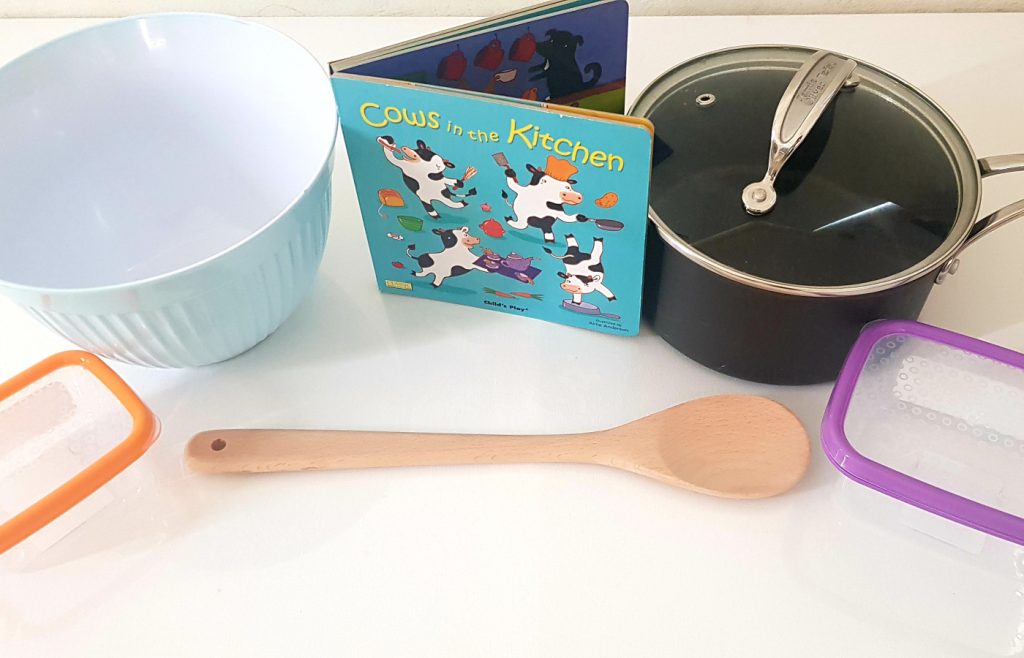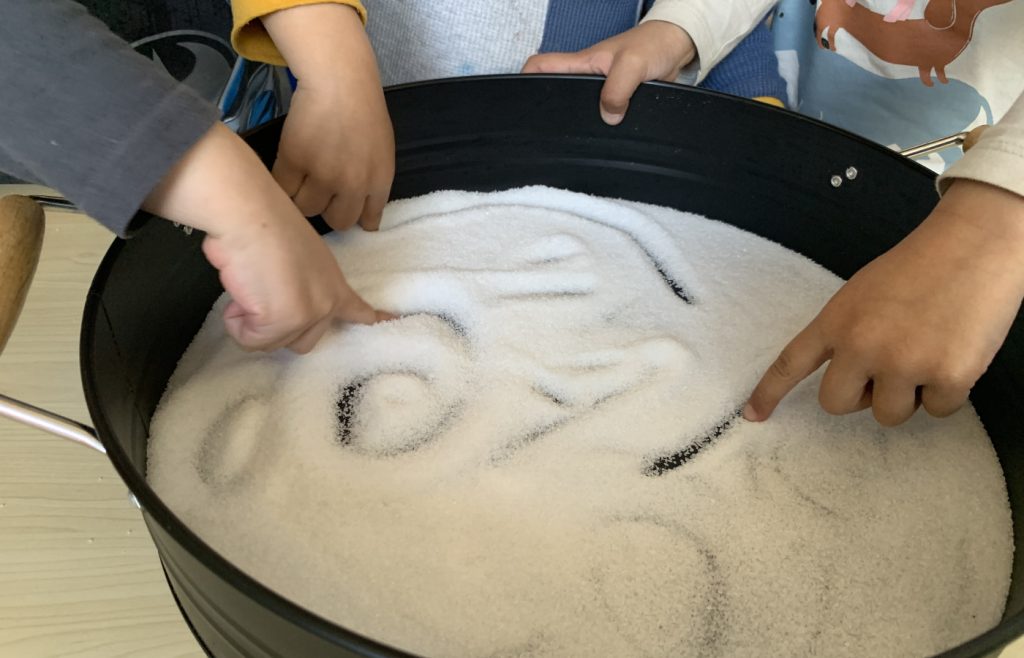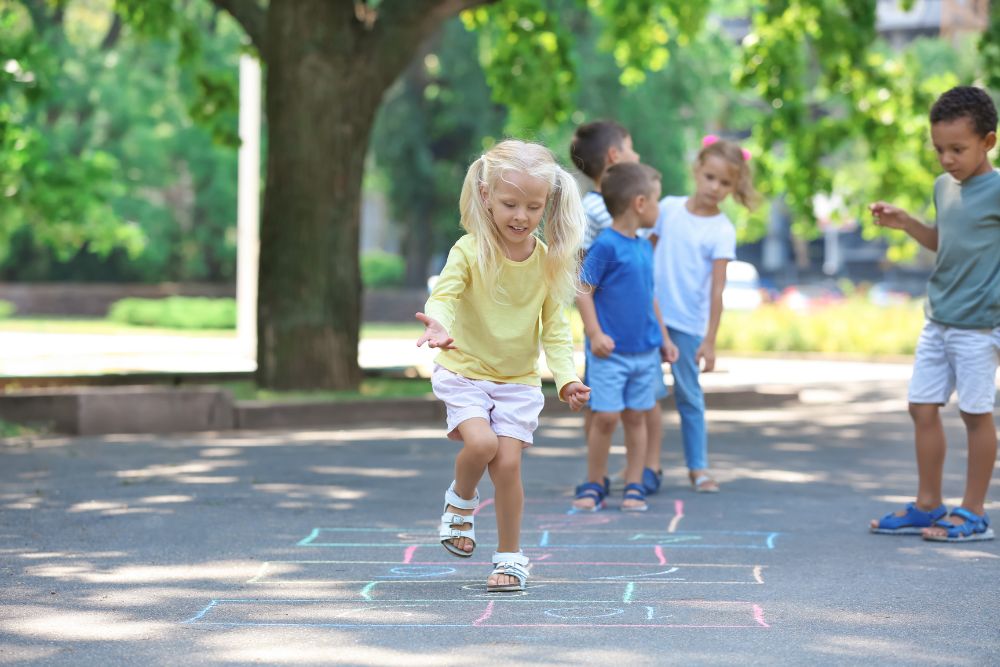Advice & Suitability
If there is some important bit of safety advice, this could go here and/or general text about who it is suitable for etc etc. If it isn’t needed, just delete it.
Materials Required
- A variety of fruit
- Knife
- Plate
- Chopping board
- Shopping list (if you go together to buy the fruit) (optional)
Preparation
Prepare a clean and clear space – Talk with your child about the fruit – If your child is old enough they can cut up some softer fruits – You might like to already have some fruit cut up.
Method (or Ideas)
- Take your child to the supermarket and select fruits they enjoy (optional).
- With close supervision and support, allow your child to cut some of the fruit.
- Have fruit sliced into different shapes and sizes.
- Arrange/sort fruit on a plate.
- Make some silly faces with your child using your own facial expressions.
- Talk about each fruit e.g. s it crunchy, soft, squishy?
- Enjoy eating the funny faces you have created!
Facilitation Tips – What To Say
- Texture: crunchy, soft, hard, squishy
- Fruit names
- Chop/cut
- Talk about different facial expressions/emotions – happy, sad, angry, etc.
- Talk about the differences/similarities of the fruit
Extend the Experience
- Make fruit stick kebabs.
- Decorate biscuits with funny faces.
- Making the different expressions/emotions with our faces in a mirror.
- Add some interesting vegetables (e.g. celery, carrot, cucumber).
WHO Guidelines for Physical Activity & Sedentary Behaviour
This is a quiet fun activity. Walking around the supermarket to collect the fruit for this experience would encourage more physical activity.
Early Years Learning Framework
Outcomes
- Children develop dispositions for learning such as curiosity, cooperation, confidence, creativity, commitment, enthusiasm, persistence, imagination and reflexivity
- Children transfer and adapt what they have learned from one context to another
- Children feel safe, secure, and supported
Principle
Principle 1: Secure, respectful and reciprocal relationships. Through a widening network of secure relationships, children develop confidence and feel respected and valued.
Practice
Practice: Learning through play. Play can expand children’s thinking and enhance their desire to know and to learn. In these ways play can promote positive dispositions towards learning. Children’s immersion in their play illustrates how play enables them to simply enjoy being.













